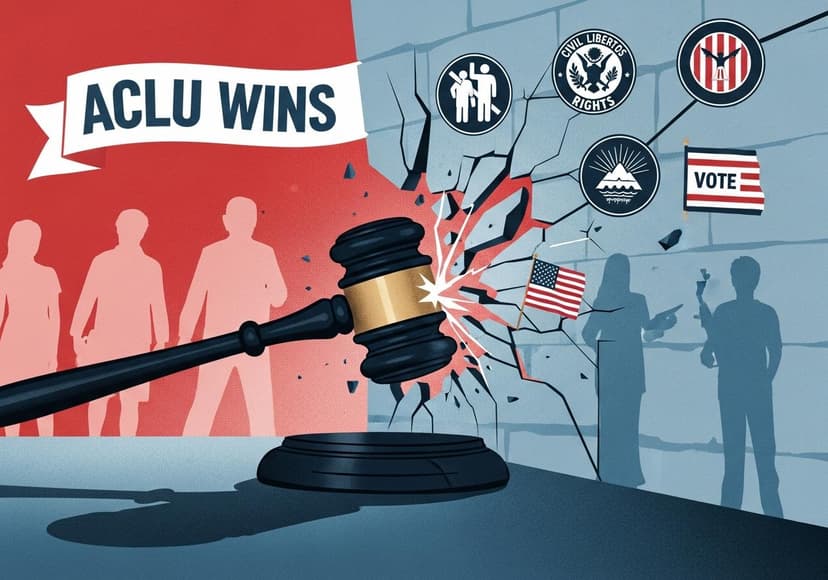Online Identity Verification The Role Of Regulation
Regulation plays a crucial role in ensuring the security and reliability of online identity verification systems.

Research topics
Online identity verification has become increasingly important in today's digital world, where individuals and businesses interact online more frequently. As a result, there is a growing need for regulation to ensure the security and privacy of personal information. This article explores the role of regulation in online identity verification, examining the current landscape and discussing the potential benefits and challenges of regulatory frameworks.
Online Identity Verification: The Role of Regulation
In the digital age, our online identities are becoming increasingly important. We use them to access a wide range of services, from banking and shopping to social media and healthcare. As a result, it is more important than ever to protect our online identities from fraud and theft.One way to protect our online identities is through online identity verification (OIV). OIV is a process of confirming that a person is who they claim to be when they are interacting with a digital service. This can be done through a variety of means, such as:
- Knowledge-based authentication: This involves asking the user to provide information that only they would know, such as their date of birth or their mother's maiden name.
- Document-based authentication: This involves asking the user to provide a copy of a government-issued ID, such as a passport or driver's license.
- Biometric authentication: This involves using unique physical characteristics, such as fingerprints or facial recognition, to identify a person.
OIV is an important tool for protecting our online identities, but it is important to note that it is not foolproof. There are a number of ways that criminals can bypass OIV systems, such as by using stolen credentials or creating fake identities.
The Role of Regulation
Regulation plays an important role in ensuring that OIV systems are effective and secure. Governments can set standards for OIV systems, such as requiring them to use strong authentication methods and to protect user data. They can also enforce these standards through fines and other penalties.Regulation can also help to promote competition in the OIV market. By setting clear rules and standards, governments can make it easier for new companies to enter the market and compete with established players. This can lead to lower prices and better services for consumers.
Online identity verification is an important tool for protecting our online identities, but it is important to note that it is not foolproof. Regulation plays an important role in ensuring that OIV systems are effective and secure. Governments can set standards for OIV systems and enforce these standards through fines and other penalties. They can also promote competition in the OIV market by setting clear rules and standards.
Conclusion
Posts Relacionados

Aclj Advocates For Religious Freedom In The Arctic
Religious freedom in the Arctic is a complex issue with many stakeholders.

Aclu Wins Lawsuit Against Trump Administration Over Workers Rights
Lawsuit victory for workers' rights against Trump administration.

Amnesty International Demands Justice For Victims Of Extrajudicial Killings
Extrajudicial killings demand justice for victims, says Amnesty International.